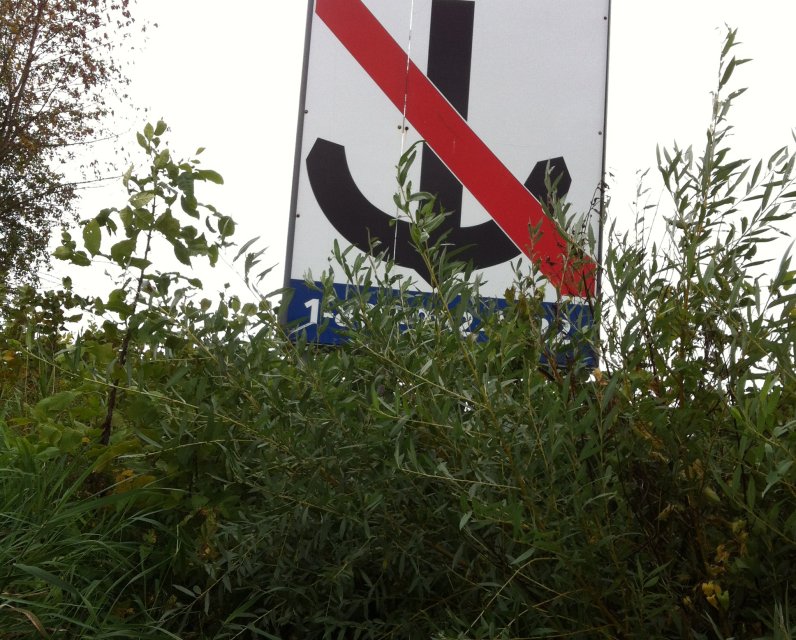Warning message
- Last import of users from Drupal Production environment ran more than 7 days ago. Import users by accessing /admin/config/live-importer/drupal-run
- Last import of nodes from Drupal Production environment ran more than 7 days ago. Import nodes by accessing /admin/config/live-importer/drupal-run
Unpublished Opinions
I am interested in sustainability, civic engagement and democratic renewal. You might meet me at the soccer pitch, at the Farmers Market, or walking or biking on local trails.
I'm a high-tech veteran and have lived in Ottawa since 2000. Before moving to the private sector, I earned my Ph.D. in laser & semiconductor physics at the University of Toronto.
Trudeau talks Climate Change in Paris, soft-peddles Energy East in Montreal

The proposed Energy East pipeline conversion to carry diluted bitumen from Alberta to New Brunswick would use an existing pipeline that crosses through the City of Ottawa near Stittsville before crossing the Rideau River at the Baxter Conservation Area off Dilworth Road (near the Rideau Valley Soaring glider airfield).
I submitted this letter to the Ottawa Citizen in response to the odd 24-hour about face of Montreal Denis Coderre on the Energy East project. As the letter shows, I am also confused and concerned by the very different language used by Prime Minister Justin Trudeau in the Paris climate talks at COP21 compared to his public statements on Canadian soil in Montreal.
In November, 2015 at the COP21 climate change negotiations in Paris, Team Canada turned over a new leaf, led by Catherine McKenna, our new Minister of Environment and Climate Change. It’s was a new day! Finally sound Science and Reason prevailed over appeals to our base caveman brain, to our fear of change and loss. As with other inconvenient scientific truths from the heliocentric universe to natural selection, man-made climate change would henceforth be an integral part of all public policy going forward. Well, that was the storyline put forward by the new Trudeau cabinet through the end of 2015, anyway.
A quick look at the recent tight rope walking by Montreal mayor Denis Coderre over TransCanada Pipeline’s proposed Energy East project shows us how uncertain Canada’s renewed commitment to climate justice and environmental protection may really be. This Winston Churchill quote seems appropriate: “Men occasionally stumble over the truth, but most of them pick themselves up and hurry off as if nothing had happened.”
In recent days, a posse of Montreal-area mayors led by Coderre announced that TransCanada’s proposed Energy East diluted bitumen pipeline ought not to pass through their communities. It was a predictable political stand, since Quebeckers are more highly aware of threats to the environment than many other Canadians.
Quebeckers were horrified and outraged by the rail accident and massive explosion that devastated the town of Lac Megantic in the summer of 2013. That particular disaster involved what were probably under-designed rail cars carrying relatively volatile crude oil from the Bakken Formation from North Dakota to the Irving oil refinery in New Brunswick.
In the aftermath of the decimation of Lac Megantic, the Quebec public is looking more closely than ever at all transport of fossil fuels, whether by rail or pipeline. People are more aware than ever of horrific spills from other tar sands pipelines in the USA, particularly the spill from Enbridge Line 6B that despoiled the Kalamazoo River in the summer of 2010. The Kalamazoo River cleanup ordered by the US Environmental Protection Agency continued for more than four years and was the costliest onshore cleanup project ever undertaken in USA, with costs estimated at US $767 million.
Within 24 hours of the mayors’ announcement, Coderre held a press conference together with his former Liberal Party colleague, Prime Minister Justin Trudeau. In spite of all of the broad-based public support and the widespread concern in Quebec, it is not clear if Coderre had won an audience with Trudeau or if was he was being brought to heel regarding Energy East. Suddenly, Coderre was striking a conciliatory tone in his remarks and calling for a “balanced approach.” It appeared as though someone got to Coderre and explained to him that the fight against climate change is politically complicated for Trudeau.
What happened? Following Coderre’s latest remarks, Trudeau was called out in the media by Rona Ambrose, the interim Conservative leader. Ambrose likened Trudeau’s lack of advocacy on behalf of oil rich Alberta to the National Energy Program of his late father, former Prime Minister Pierre Trudeau. According to Ambrose, "The prime minister should stop using his cellphone for selfies with Leo DiCaprio and pick it up and call Denis Coderre to fight for natural resource jobs." Ambrose made an appeal to some primal emotions and it was a zinger tailor made for the TV news.
Trudeau’s only counter-appeals to emotion were in the name of his typically fuzzy notion of the unity of projects, people and dollars. Among other things, Trudeau said, “My responsibility as prime minister is to make sure that on national projects, we're behaving in a way that both contributes to the economy, to a secure environment, to bringing people together and mostly to creating a better future.”
I interpret Trudeau’s remarks, and absence of a reference to the urgency of fighting climate change to mean that Trudeau is actively looking for a way to get Energy East approved. Remember that Trudeau’s campaign co-chair, Dan Gagnier, resigned just days before the October election when it was revealed that Gagnier had been influence peddling with five contacts at TransCanada Pipelines using email, pro-actively suggesting ways to lobby a new government to keep Energy East on schedule.
This is not the first time that Trudeau has chosen to speak one language on climate change in Europe and another at home. We all know that Parisian French is a little different than that spoken in Quebec, but Trudeau needs to stop pretending that he can talk his way around the biggest global challenge of our time: man-made climate change.



Comments
Be the first to comment